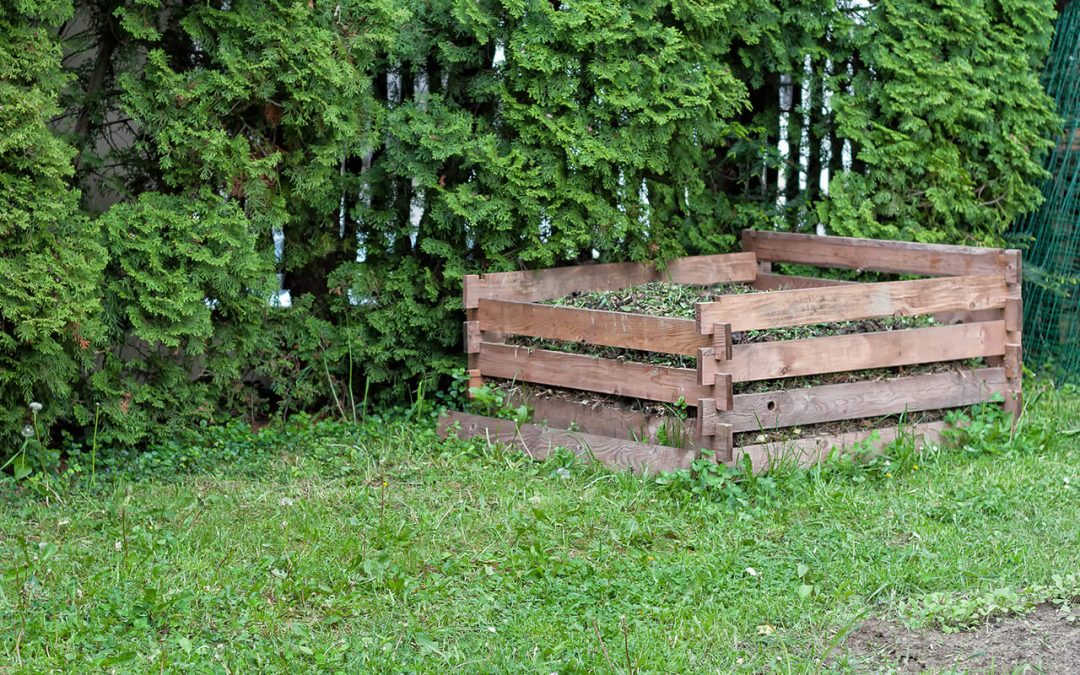In recent years, there has been a growing movement towards sustainable living practices. One of the simplest, yet most impactful, ways individuals can contribute is by composting at home. Composting at home is beneficial for the environment and for your garden by reducing waste and enriching soil. In this article, we’ll explore the basics of composting and how you can easily implement it in your own home.
What is Composting?
Composting is a natural process where organic materials decompose into nutrient-rich soil. It’s essentially nature’s way of recycling. When organic waste such as food scraps, yard waste, and paper products break down, they become a valuable resource for soil health and plant growth.
Why Compost at Home?
1. Reducing Waste: Did you know that organic waste makes up a significant portion of household trash? By composting at home, you can divert a substantial amount of waste from landfills, where it would otherwise emit harmful greenhouse gases.
2. Nutrient-Rich Soil: Compost acts as a natural fertilizer, enriching soil with essential nutrients like nitrogen, phosphorus, and potassium. This improves soil structure, promotes healthy plant growth, and reduces the need for synthetic fertilizers.
3. Cost-Effective: Instead of purchasing expensive fertilizers and soil conditioners, you can create your own nutrient-rich compost for free using kitchen and yard waste.
4. Environmental Benefits: Composting helps mitigate climate change by reducing methane emissions from landfills and promoting carbon sequestration in soil.
Getting Started with Composting at Home
Now that you understand the benefits let’s dive into how you can start composting at home:
1. Choose a Composting Method: There are several composting methods to choose from, including traditional bin composting, vermicomposting (using worms), and trench composting. Select a method that suits your space, lifestyle, and composting goals.
2. Collect Compostable Materials: Collect organic waste such as fruit and vegetable scraps, coffee grounds, eggshells, yard trimmings, and shredded paper. Avoid adding meat, dairy, oily foods, and pet waste to your compost pile, as these can attract pests and create odors.
3. Set Up Your Compost Bin: If you’re using a compost bin, place it in a convenient location with good airflow and drainage. Layer your compostable materials, alternating between green (nitrogen-rich) and brown (carbon-rich) materials to maintain a balanced ratio.
4. Monitor and Maintain: Keep your compost pile moist but not soggy, and turn it regularly to aerate and accelerate decomposition. You may also need to add more brown materials if the pile becomes too wet or green materials if it’s too dry.
5. Harvest Your Compost: Depending on the method and conditions, your compost should be ready in a few months to a year. Once it’s dark, crumbly, and earthy-smelling, it’s ready to use. Incorporate it into your garden soil or use it as a nutrient-rich mulch.
Troubleshooting Common Issues When Composting at Home
While composting is relatively straightforward, you may encounter some common issues along the way:
1. Odors: If your compost pile smells bad, it may be too wet or contain too much green material. Add more brown materials and aerate the pile to improve airflow.
2. Pests: To deter pests like rodents and flies, avoid adding meat, dairy, and oily foods to your compost pile. You can also bury food scraps under a layer of brown materials to discourage pests.
3. Slow Decomposition: If your compost is decomposing slowly, it may lack moisture or have an imbalanced ratio of green to brown materials. Adjust the moisture level and mix in more brown materials to speed up the process.
Composting at home is a simple yet powerful way to reduce waste, enrich soil, and promote sustainable living. By following these basic steps and troubleshooting tips, you can easily incorporate composting into your daily routine and make a positive impact on the environment. Start composting today and join the green revolution at home.

